 W.C. Fields once said that you should never work with either animals or children. I respectfully disagree, having worked with both in my professional career. While I have covered aspects of working with animals previously, for this blog I want to focus on working with children– especially younger ones – in media relations and video production.
W.C. Fields once said that you should never work with either animals or children. I respectfully disagree, having worked with both in my professional career. While I have covered aspects of working with animals previously, for this blog I want to focus on working with children– especially younger ones – in media relations and video production.
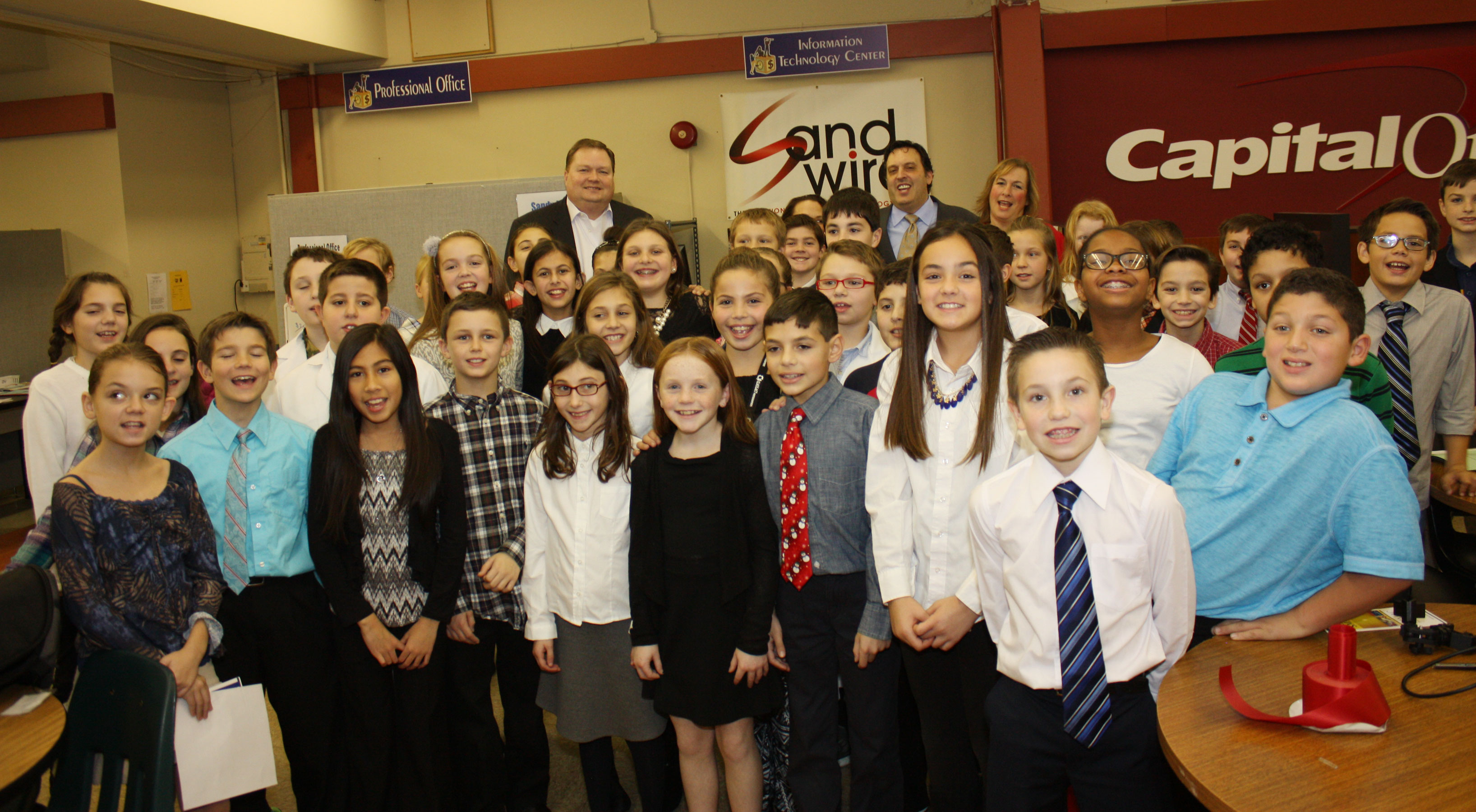 This week I had the opportunity to assist a friend of mine – Adam Schwam, founder and President of Sandwire, a leading IT company on Long Island, after his company made a $10,000 donation in the form of computers and software to Commerce Plaza in Levittown, New York. Commerce Plaza is a program for fifth graders from across Long Island, New York who come to learn about business and basic finance in a hands-on environment. More than 40 students were at the school for the day when we visited.
This week I had the opportunity to assist a friend of mine – Adam Schwam, founder and President of Sandwire, a leading IT company on Long Island, after his company made a $10,000 donation in the form of computers and software to Commerce Plaza in Levittown, New York. Commerce Plaza is a program for fifth graders from across Long Island, New York who come to learn about business and basic finance in a hands-on environment. More than 40 students were at the school for the day when we visited.
Children are a wonderful subject for the news and videos. While they can offer spontaneity and an innocent perspective on the world, there are challenges that must be addressed. The goal of any video production or news piece is to tell a story. Getting children to express themselves effectively on camera takes special attention and consideration.
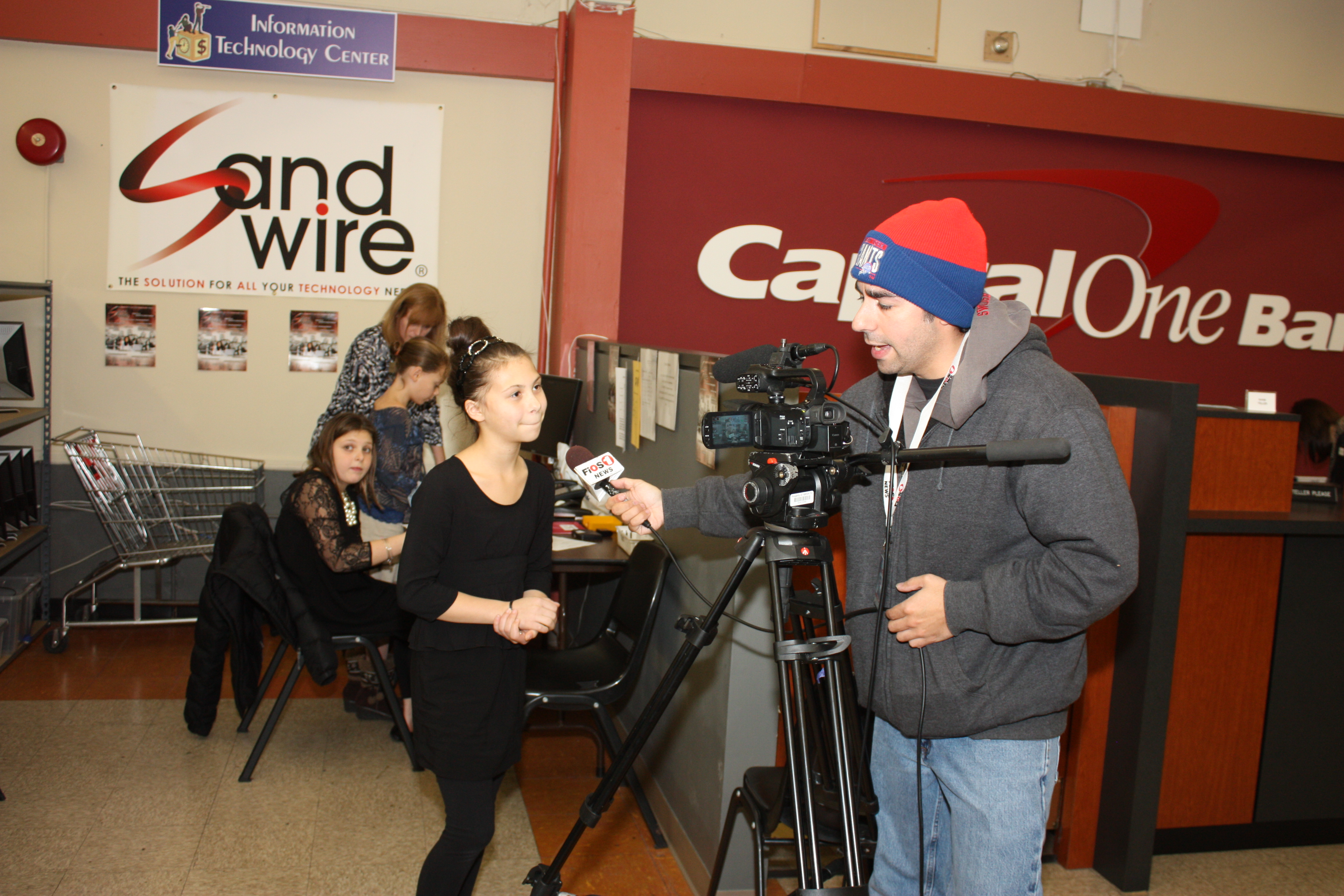
Here are some of my tips for helping children feel more comfortable and effectively providing quality content for video productions and news pieces.
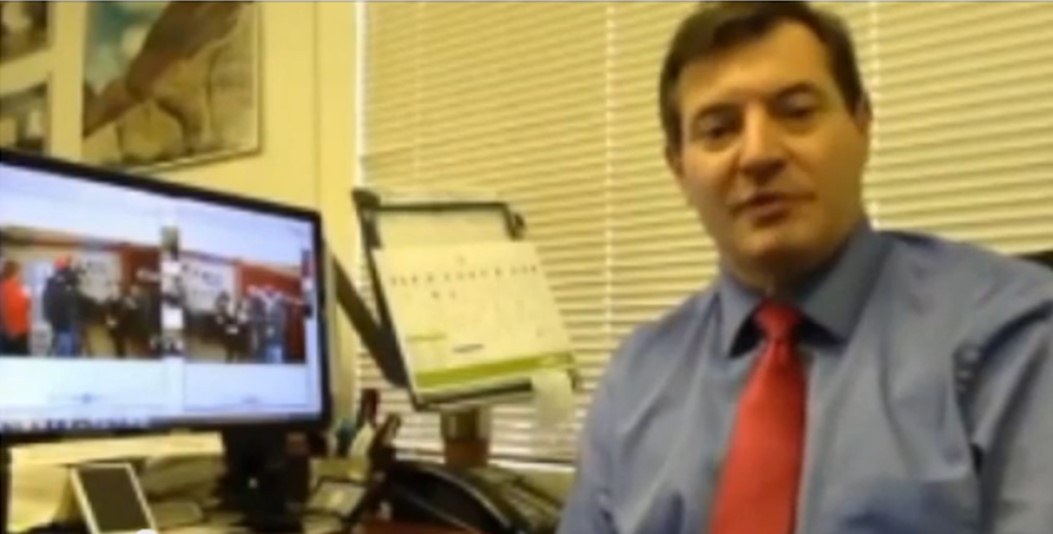
Click here for a video of my tips for working with children in the media.
If you are the producer or interviewer, remember the following:
- As kids, they have probably never done professional video before. Though may already be familiar with smartphone or tablet videos and are savvy, the size and complexity of professional equipment and approaches can be overwhelming and disconcerting for them.
- When interacting with children always stay relaxed and show confidence.
- Make children feel special and help them to relax. Take your time and look them right in the eye. At the same token, ask them to look you right in the eye at all times.. We know that people will look up, down and all around when they are thinking. Looking directly in one another’s eyes helps to maintain focus and provide much better for video.
- Prepare your questions in advance. Write them down or use cue cards or index cards. If you are prepared, the children will respond more effectively.
- Know what to do when you get the “one-word answer.” Children frequently give one word or very short answers. Ask open ended questions that require more words for providing a complete answer. Ask questions such as: Can you describe how you prepared for this program? Be ready for a follow up question if the answer you get is short. Questions that start with “how did this make you feel?” or “what did you think about that?” are two in particular that you should always be ready to use.
- Help the kids to help you. Talk with them and get them to give as much as they can. Speak with them in advance and practice. If you like what you hear tell them. However, sometimes talking in advance can hurt the genuineness of the answers so this is an area that you should use your own discretion and judgment. You may want to speak with the child but not ask the specific questions in advance. Get a feel for how they speak and their energy first.
- Do a run through with kids and explain to them exactly what is going to happen. This removes uncertainty.
- Remember to have fun. It is ok to joke with the kids, but keep it light hearted and fun. This helps them to feel comfortable, smile and have the right energy level. The more assistance and support that you can give children the better they will perform. They want to do well and you are in a position to help them achieve this. Help them to be proud of their efforts and you will be rewarded with quality content.No matter if you are a child or adult you must be prepared to be on video. Practice and take the time to prepare. We suggest hiring a professional media trainer and video production crew to produce your videos. I have trained and prepared hundreds of people for interviews, video productions and commercials. The people we train or who receive professional training are much better on camera and feel more confident.
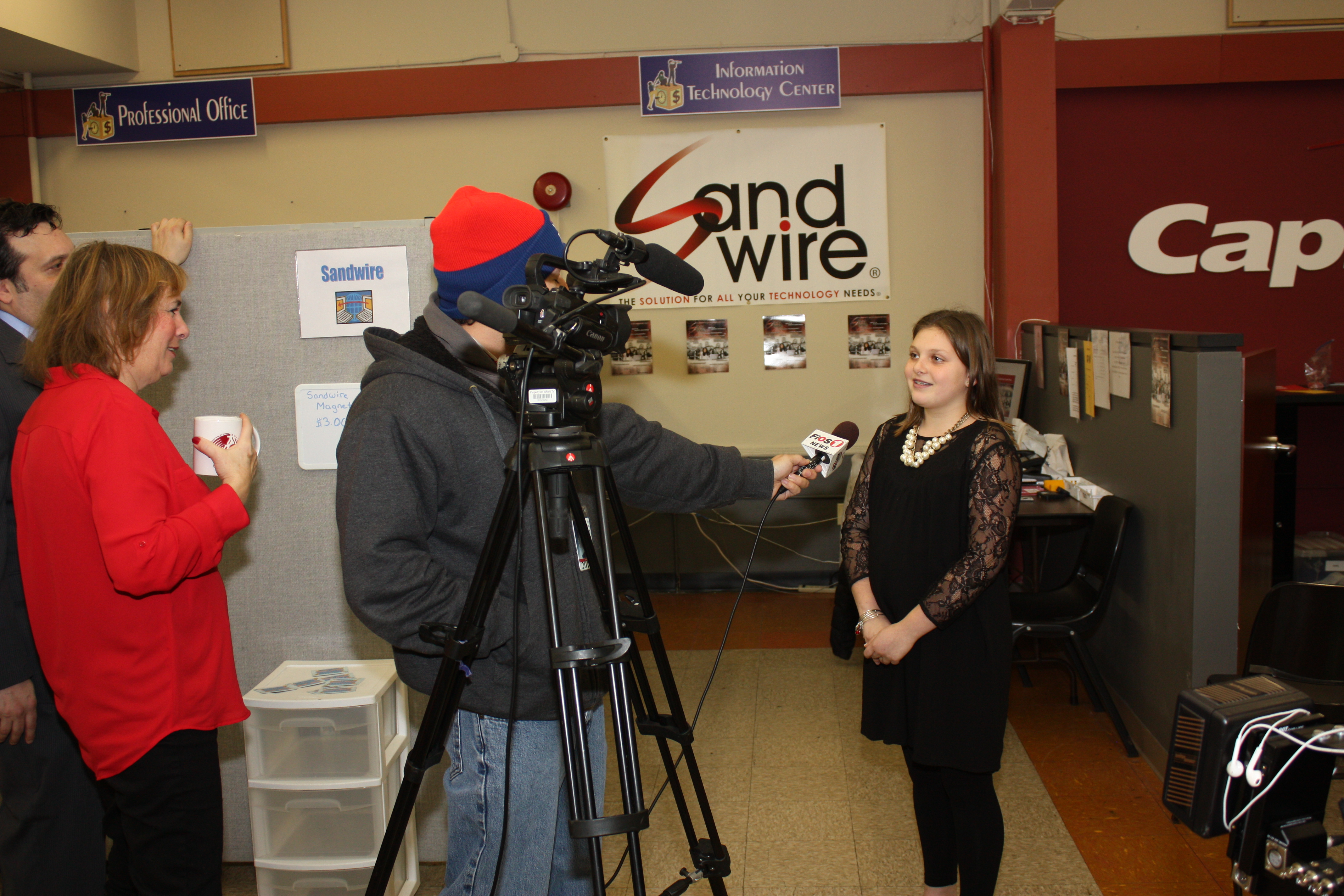
Training and preparation are critical for the development of video content that properly and effectively presents your message to the media. Video production quality is important, but an unprepared subject cannot be corrected. Never agree to do an on-camera interview with the media without preparation and knowing what you will be asked about. Any subject or guest who is not confident and capable will delay the process, which will increase production costs and take much longer than it should.
By Bill Corbett


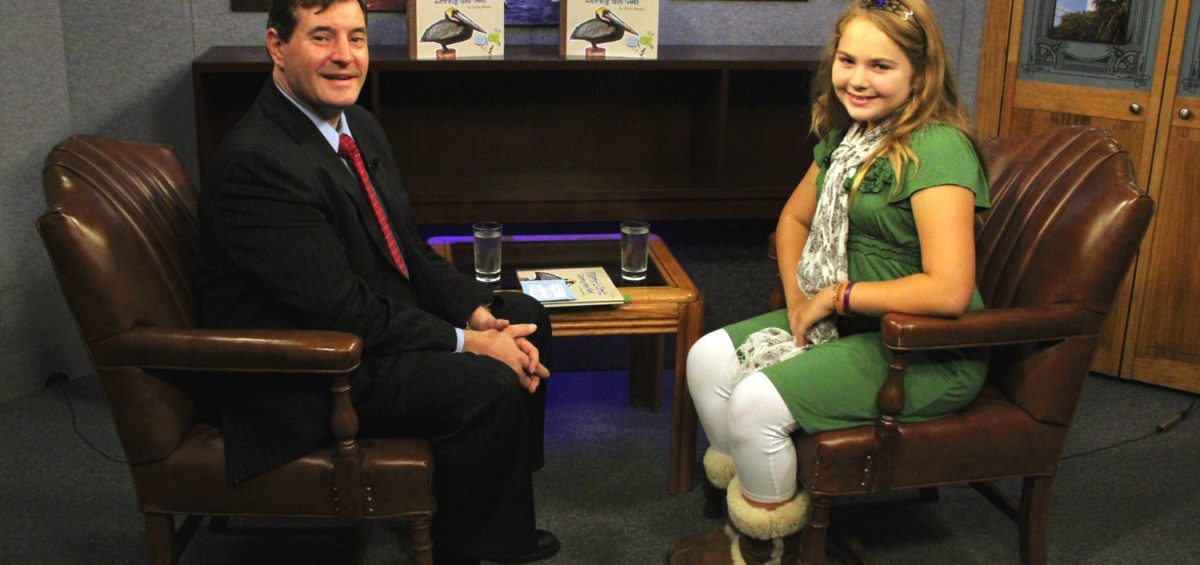
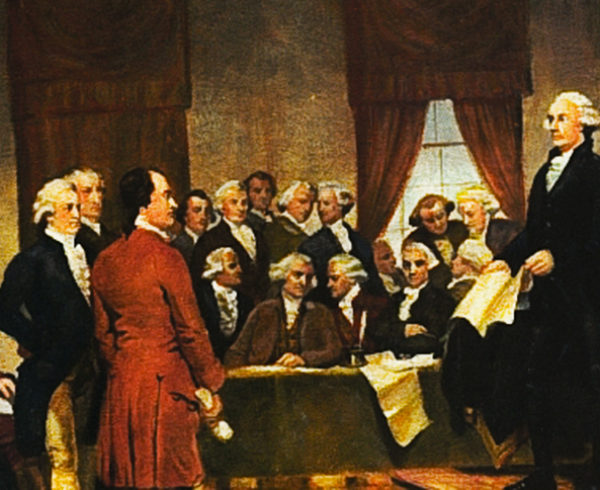

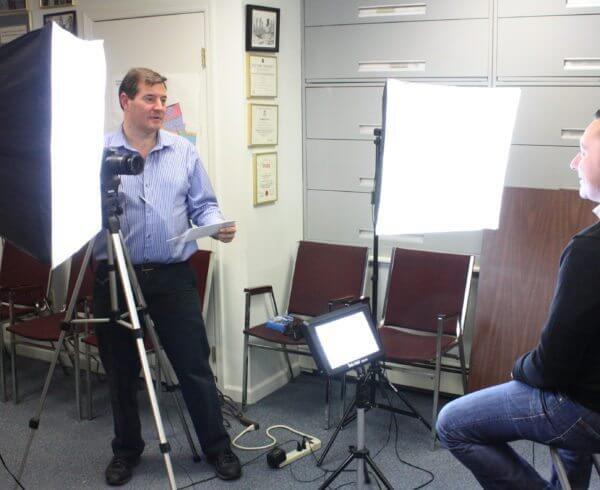


Leave a Comment